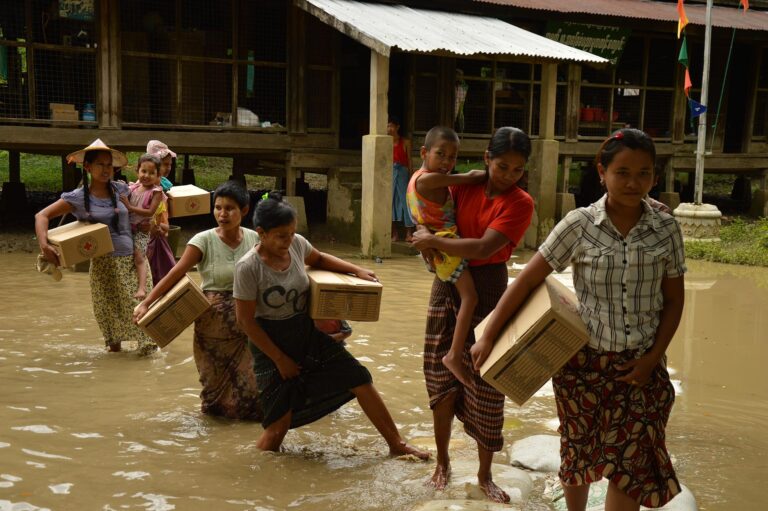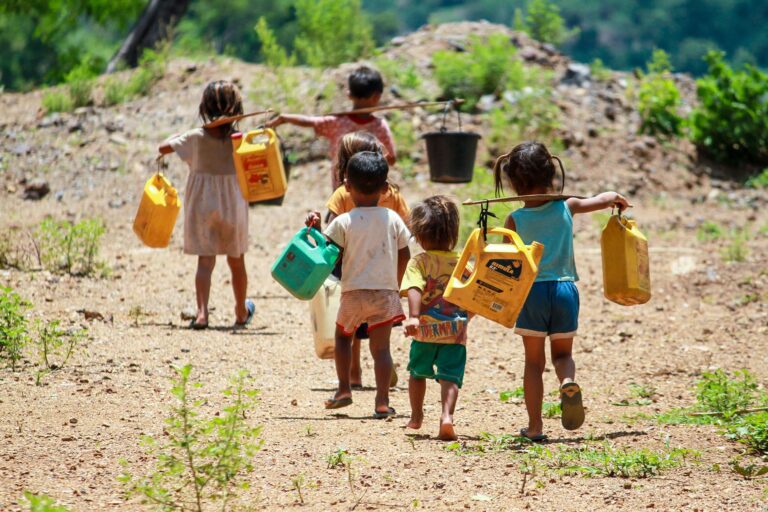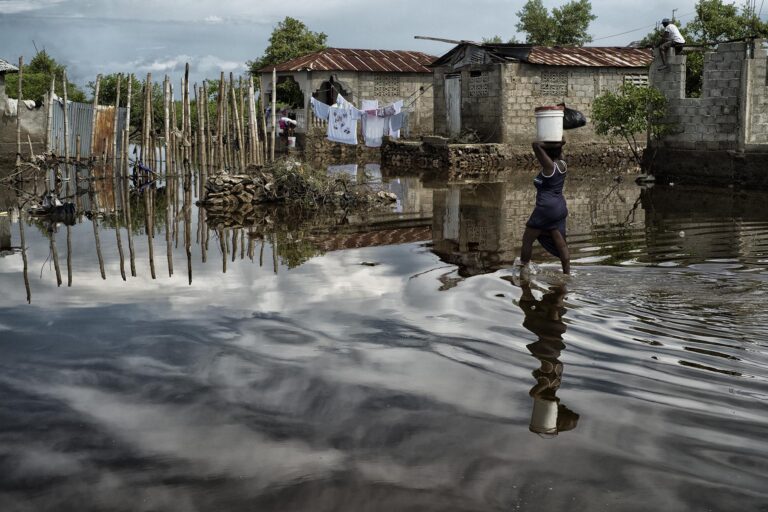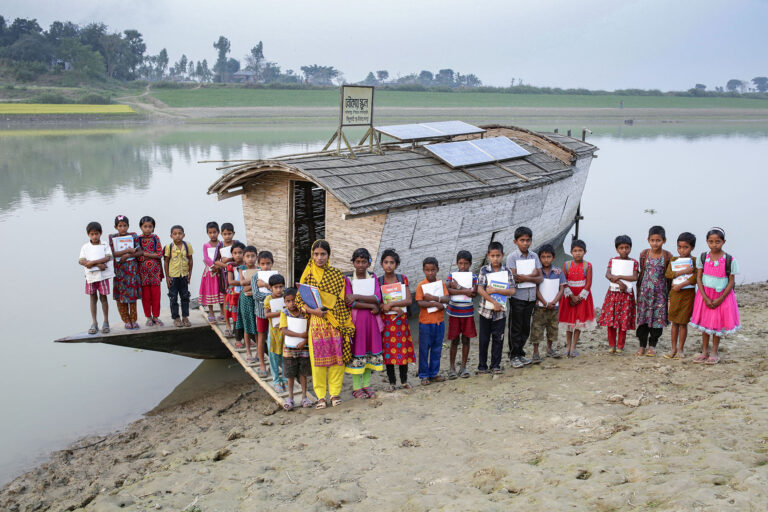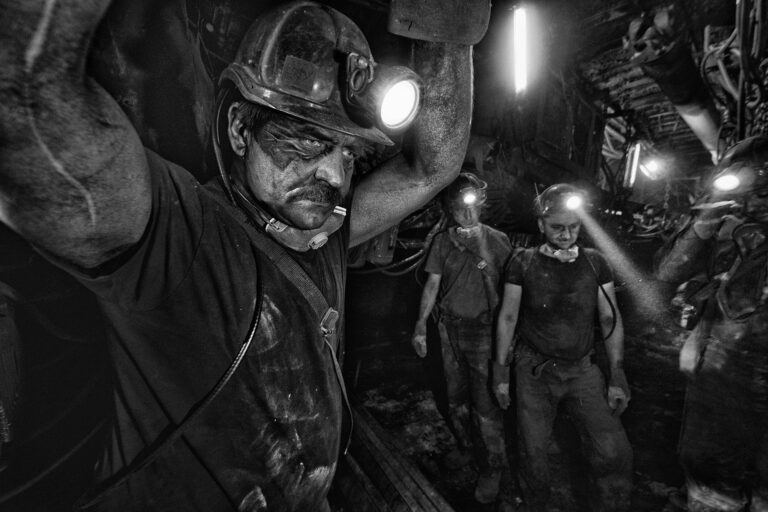Climate change and the environmental degradation it causes lead to the violation of...Read More
Coal is the largest single source of the greenhouse gas emissions that are driving the climate crisis.
Coal mining and combustion has been linked with serious human rights abuses around the world, including the rights to life, health, water, and a safe, clean, and healthy environment.
The combustion of coal is a major contributor to air pollution, which kills millions of people annually. Coal-fired power plants emit particulate matter, sulfur dioxide, nitrogen oxides, heavy metals, and other air pollutants that contribute to increased risks of respiratory and lung diseases, cancer, heart disease, and neurological impacts. Children, pregnant people, people with disabilities, and older people are particularly vulnerable to developing coal-related health problems.
According to the International Energy Agency, countries must immediately cut all investments in new coal projects and phase out coal plants globally by 2040 in order to meet 2050 net zero goals. In May 2022, G7 ministers committed to taking steps to decarbonize their power sectors, but have failed to set a deadline for phasing out coal due to reluctance from Japan, the United States, and the European Union. More than 40 countries agreed to stop permitting new coal plants at COP21 in 2021, but many countries are continuing to expand coal use.
In 2022, the Chinese government granted permits for the equivalent of two coal plants per week, further increasing the Chinese power system’s dependence on coal. And despite committing to stop financing coal power projects abroad, Chinese-funded coal-fired power plants are still being built. Major banks, including the Bank of China, ICBC, and China CITIC Bank, continue to finance coal mining and power, and Chinese banks have provided more than $381 billion USD in coal financing since the Paris Agreement was signed in 2016.
India, currently the world’s second largest coal consumer, has built 55,968 MW of new coal capacity since the signing of the Paris Agreement. India has set a target to reach net zero emissions in 2070, yet its plan to continue building new coal capacity makes it difficult if not impossible to reach global climate goals. The Indian government is also providing international financing to coal projects, including the highly-controversial Rampal coal power plant in Bangladesh, which is threatening the world’s largest mangrove forest and local communities.
Photo Credit: Effects of coal mining in Estercuel, Spain. Photo by Jennifer Woodard Maderazo (CC BY 2.0).
More reading...
Water is a limited natural resource and a public good fundamental for life...Read More
Under the International Covenant on Economic, Social and Cultural Rights (ICESCR), everyone has...Read More
Governments have a duty to ensure that the right to education is respected,...Read More
The principle of a just transition ensures that climate mitigation and adaptation are...Read More

